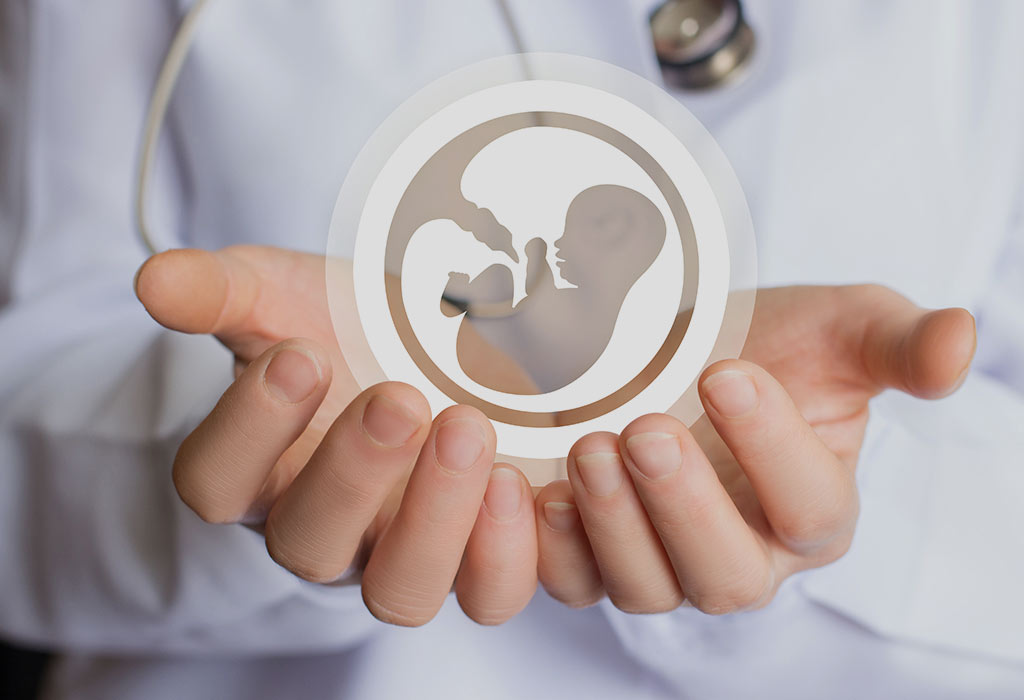As an expert in this field, I’ve had the privilege of guiding numerous families through the intricate process of embryo adoption. This article aims to provide a clear and comprehensive overview of the key stages, challenges, and benefits of embryo adoption, drawing on extensive experience to offer valuable insights.
The Embryo Adoption Process: An Overview
Creating and Donating Embryos The journey begins with the creation of embryos through in vitro fertilization (IVF). Couples who undergo IVF often have surplus embryos that they decide not to use. These embryos can be donated to individuals or couples seeking to adopt. From my professional perspective, the decision to donate embryos involves careful consideration by the donor couple. They must understand the implications for their embryos and the potential future relationship with the adopting family.
The Matching Process After deciding to pursue embryo adoption, prospective parents enter the matching phase. This involves working with fertility clinics or adoption agencies to find a match based on genetic and medical information. In my experience, this stage is crucial and requires thorough communication. Prospective parents and donor families need to discuss their preferences and expectations to ensure that both parties are aligned, leading to a successful match.
Embryo Transfer and Success Rates Once a match is established, the selected embryos are transferred into the recipient’s uterus. This procedure is similar to the embryo transfer used in standard IVF cycles. From a clinical standpoint, while the procedure is routine, success rates can vary. Factors such as the quality of the embryos and the health of the recipient’s uterine environment play significant roles. It’s essential for recipients to have realistic expectations and work closely with their fertility specialists to understand their specific chances of success.
Legal and Ethical Dimensions
Legal Considerations Embryo adoption involves several legal considerations that can differ by region. It is vital for both donor and recipient families to seek legal counsel specializing in reproductive law. This ensures that all legal aspects, including consent forms, parental rights, and potential future contact, are thoroughly addressed. In my experience, having a well-defined legal framework helps prevent misunderstandings and protects the interests of all parties involved.
Ethical Issues Ethical considerations are a critical component of embryo adoption. Both donor and recipient families must navigate issues related to informed consent and the ethical handling of embryos. Based on my experience, maintaining transparency and ethical integrity is key. Clear agreements and open communication can help address potential ethical concerns and ensure a respectful process for everyone involved.
Emotional Impact and Support
For Prospective Parents The emotional journey of embryo adoption can be both exhilarating and challenging. Prospective parents often experience a range of emotions, from hope and excitement to anxiety and uncertainty. In my view, seeking support through counseling or support groups is invaluable. These resources provide emotional support and help manage the psychological aspects of the adoption process, contributing to a more positive experience.
For Donor Families Donor families may also face emotional challenges related to the decision to donate their embryos and the implications of this decision. From a professional perspective, it is important for donor families to access emotional support and counseling. Open communication with the adopting family can also help address any concerns and ensure a smoother process.
Conclusion
Embryo adoption https://ngc.clinic/en/our-services-en/embryo-donation is a meaningful and unique path to building a family, combining traditional adoption principles with advanced reproductive technology. Drawing from extensive experience, I emphasize the importance of understanding the medical, legal, and emotional aspects of the process. With careful planning, clear communication, and professional guidance, families can successfully navigate the complexities of embryo adoption and embrace the rewarding journey to parenthood.









